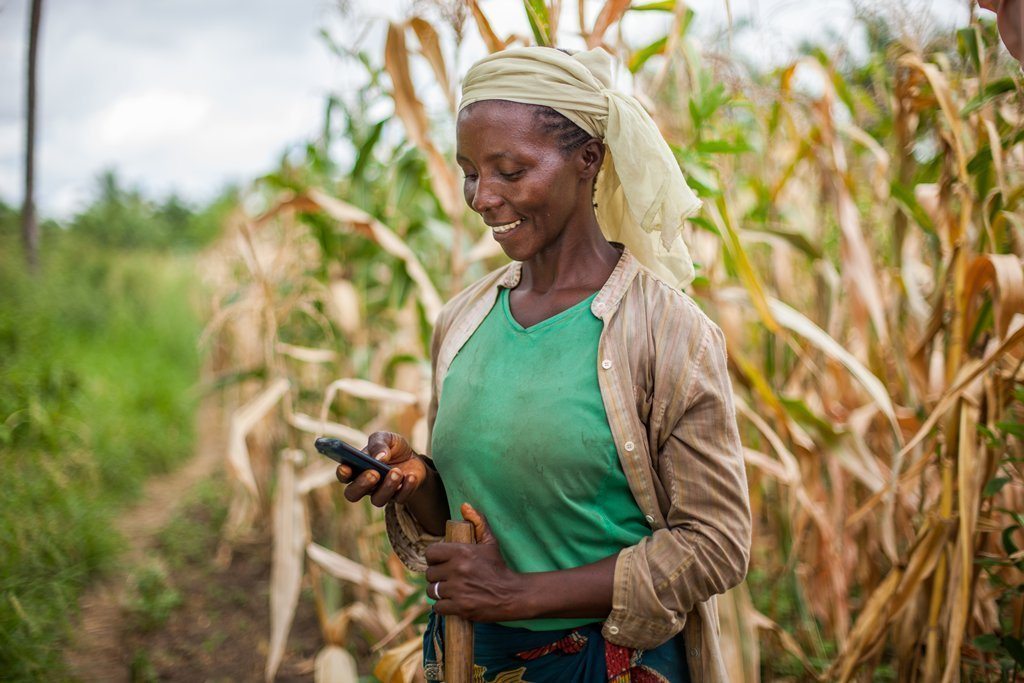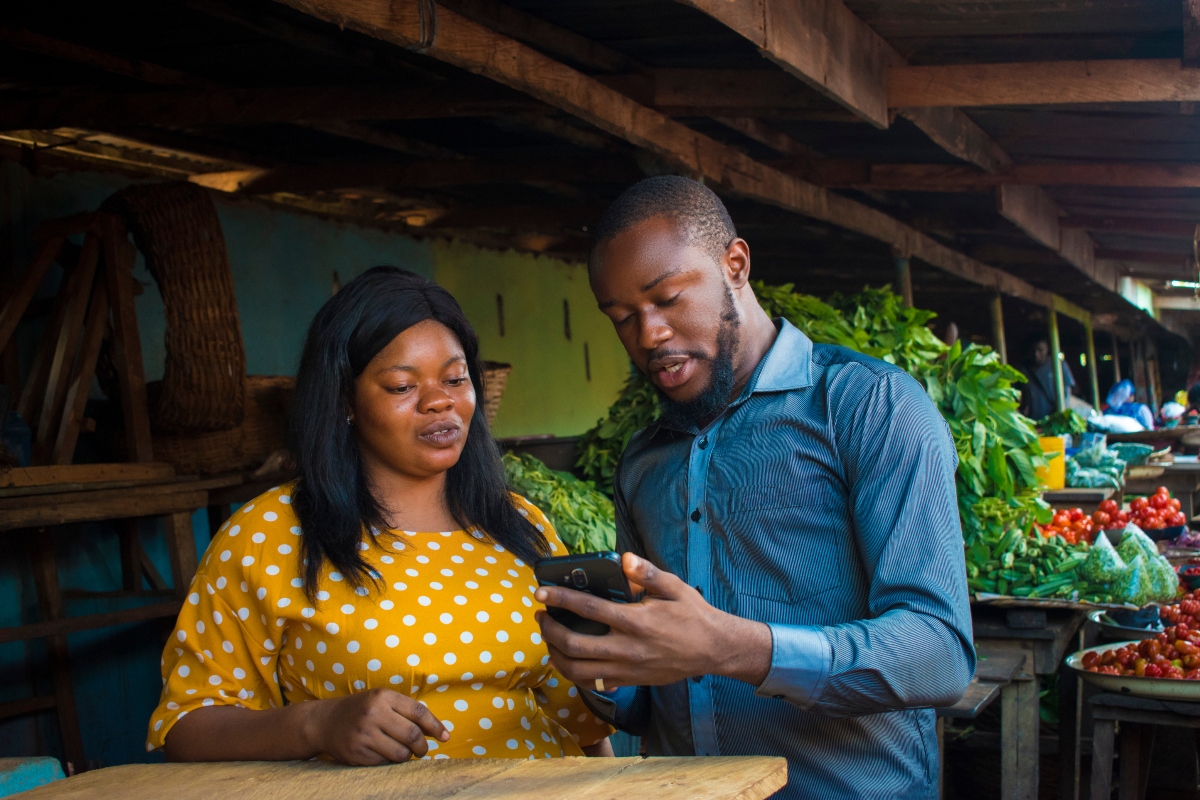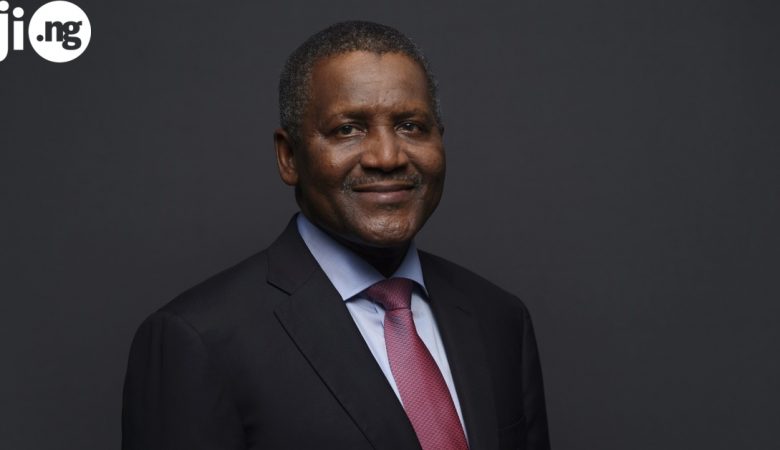The National Financial Inclusion Strategy continues to be one of the hottest topics in the Nigerian financial sector. With millions of Nigerians being virtually excluded from the financial operations around the country, CBN is moving forward with its Financial Inclusion initiative. Find out more about it right now!
Improve your finances by selling on Jiji
1. What is Financial Inclusion?
Financial inclusion is a term that was designed to describe the process of making financial services more widely available around the country. Nigerians living in rural and peri-urban areas don’t have the same access to financial services as people from larger cities. The financial services in question include:
- Payments
- Savings
- Credits
- Pensions
- Insurance
In theory, the financial inclusion policy is able to benefit every Nigerian living in any area. Citizens who will get access to the range of financial services for the first time will be able to manage their finances more efficiently and improve their lives. The money that goes through financial institutions will also improve the GDP of the nation, making the Nigerian economy a more potent player globally.

2. The implementation of Financial Inclusion
There have been talks about the need to reform the financial service market in Nigeria since the early 2010s, but the policy was formalized only in 2015. Since then, the program has already brought significant improvements. For example, in 2016, only 58.4% of Nigerians were covered by the formal financial services, while in 2018 that number was 63.2%.
By the end of 2020, the CBN plans to have 70% of the population serviced by the formal sector and 10% serviced by the informal sector. To achieve these ambitious goals, the government has introduced a number of policies aimed at regulating the market.

3. Financial Inclusion for everyone
So what exactly has the Central Bank of Nigeria done and planned to do in order to achieve the objectives set by the National Financial Inclusion Strategy? The work of CBN in this direction currently includes the following aspects:
- Agent banking – the practice of small businesses and individual businessmen providing financial services on behalf of the bank without actually being an employee of any financial institution. With an agent bank, customers can withdraw cash, transfer funds, learn the balance, pay bills, and open accounts.
- Know Your Customer, a program that provides financial service providers with a risk-free way of identifying customers even without official methods of identification.
- MSME, or Micro, Small, and Medium Enterprises Development Fund, a program that allows micro, small, and medium business owners access loans from microfinance banks, NGO microfinance institutions, and other entities with the goal of developing the business further.
- Financial Literacy, a program by the CBN aimed at increasing the level of financial literacy across Nigeria and teaching every Nigerian about the rights and obligation they have before the financial institution they are working with.
- Mobile Money Operation, which is one of the latest Financial Inclusion programs developed by CBN. With the help of this program, every Nigerian should be able to perform standard financial operations through their mobile service provider. For example, MTN has recently launched a service for transferring money from one mobile phone user to another in the form of cash that can be collected from any nearby agent.
Obviously, the National Financial Inclusion Strategy is in its early stages and the results may not have been as impressive as promised by the government. However, there have clearly been many positive outcomes, and with the trust of Nigerians and maximum effort from the financial service providers, the strategy will bring even more benefits to the nation.

Buy and sell from your phone with the Jiji app










